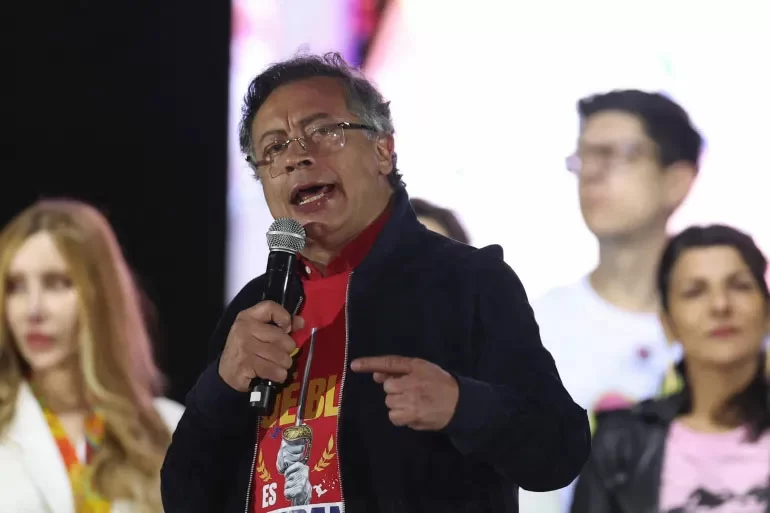Colombian President Gustavo Petro has announced the suspension of intelligence-sharing operations with U.S. security agencies, citing ongoing rocket attacks on boats in the Caribbean by the Trump administration. Petro declared on X (formerly Twitter) that all levels of Colombia’s public security intelligence services have been instructed to halt communication and other interactions with their U.S. counterparts. He emphasized that the suspension will remain in effect as long as the rocket attacks continue.
The decision comes amid unverified media reports suggesting that the United Kingdom has taken similar steps due to legal concerns over the U.S. strikes, which have reportedly claimed at least 75 lives. Petro has called for an investigation into U.S. President Donald Trump for alleged war crimes, arguing that the attacks, ostensibly targeting drug boats, have disproportionately affected civilians from Venezuela, Ecuador, Colombia, and Trinidad and Tobago.
Petro, a long-time critic of U.S. drug policy, accuses the Trump administration of focusing on coca farmers—the primary producers of cocaine’s raw ingredient—rather than targeting major drug traffickers and money launderers. During a recent summit between Latin American and European leaders, Petro met with the family of a Colombian fisherman allegedly killed in one of the attacks. He condemned the killing, stating, ‘He might have been carrying fish or cocaine, but he was not sentenced to death. There was no reason to murder him.’
The Trump administration, in turn, has accused Petro of being soft on drug traffickers and criticized his decision to shield Colombian rebel leaders involved in the drug trade from extradition to the U.S. This is not the first clash between the two leaders. In September, Petro left the U.S. hours after Washington revoked his visa, citing his ‘reckless and provocative actions’ during a protest march against the Israeli war on Gaza outside the United Nations headquarters in New York. Petro responded by accusing the U.S. of disregarding international law.
More recently, the U.S. Treasury Department imposed sanctions on Petro, his family, and Colombian Interior Minister Armando Benedetti, alleging their failure to curb the country’s cocaine industry and protect criminal groups from accountability. Petro’s announcement coincided with the arrival of the U.S. aircraft carrier Gerald R. Ford in the Caribbean, fueling speculation that the Trump administration may escalate military actions in the region, primarily targeting Venezuelan President Nicolas Maduro, a long-standing U.S. adversary.
